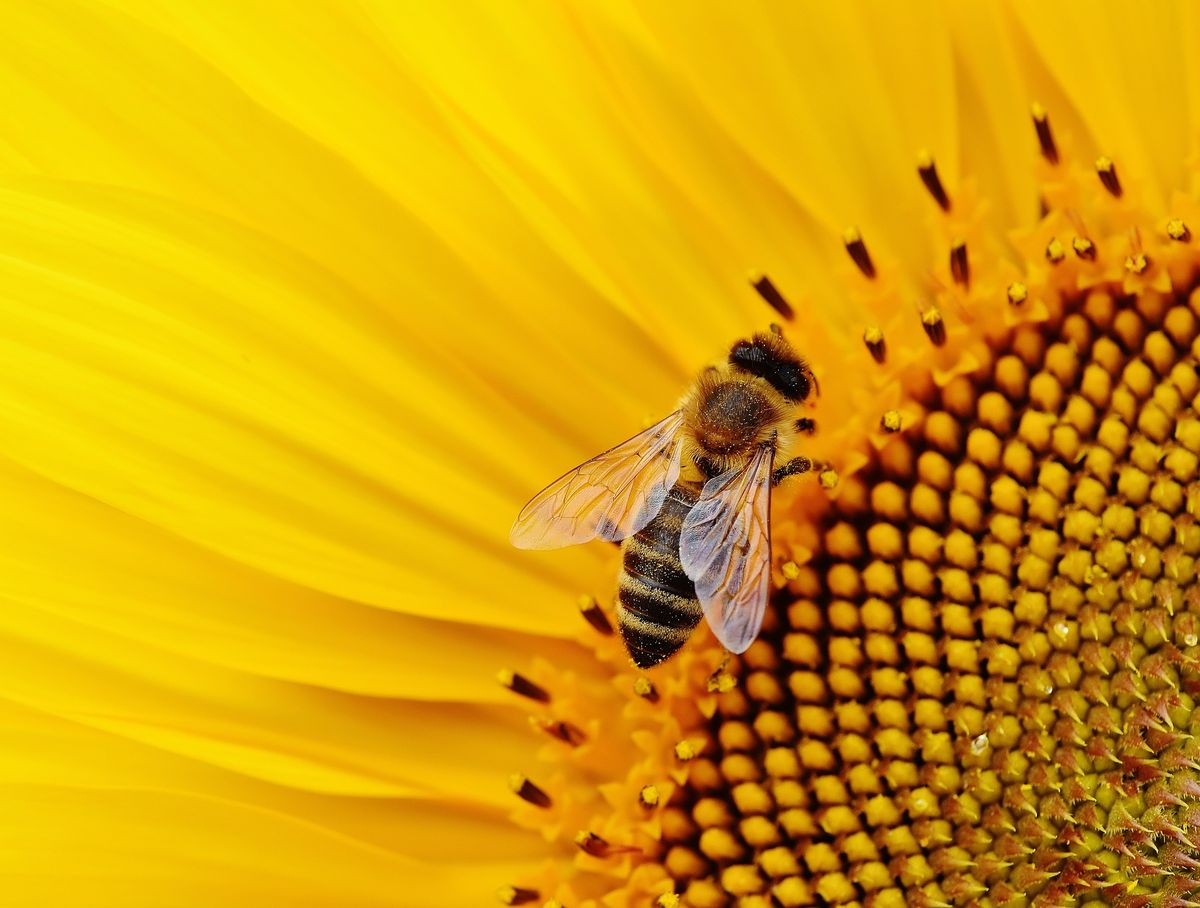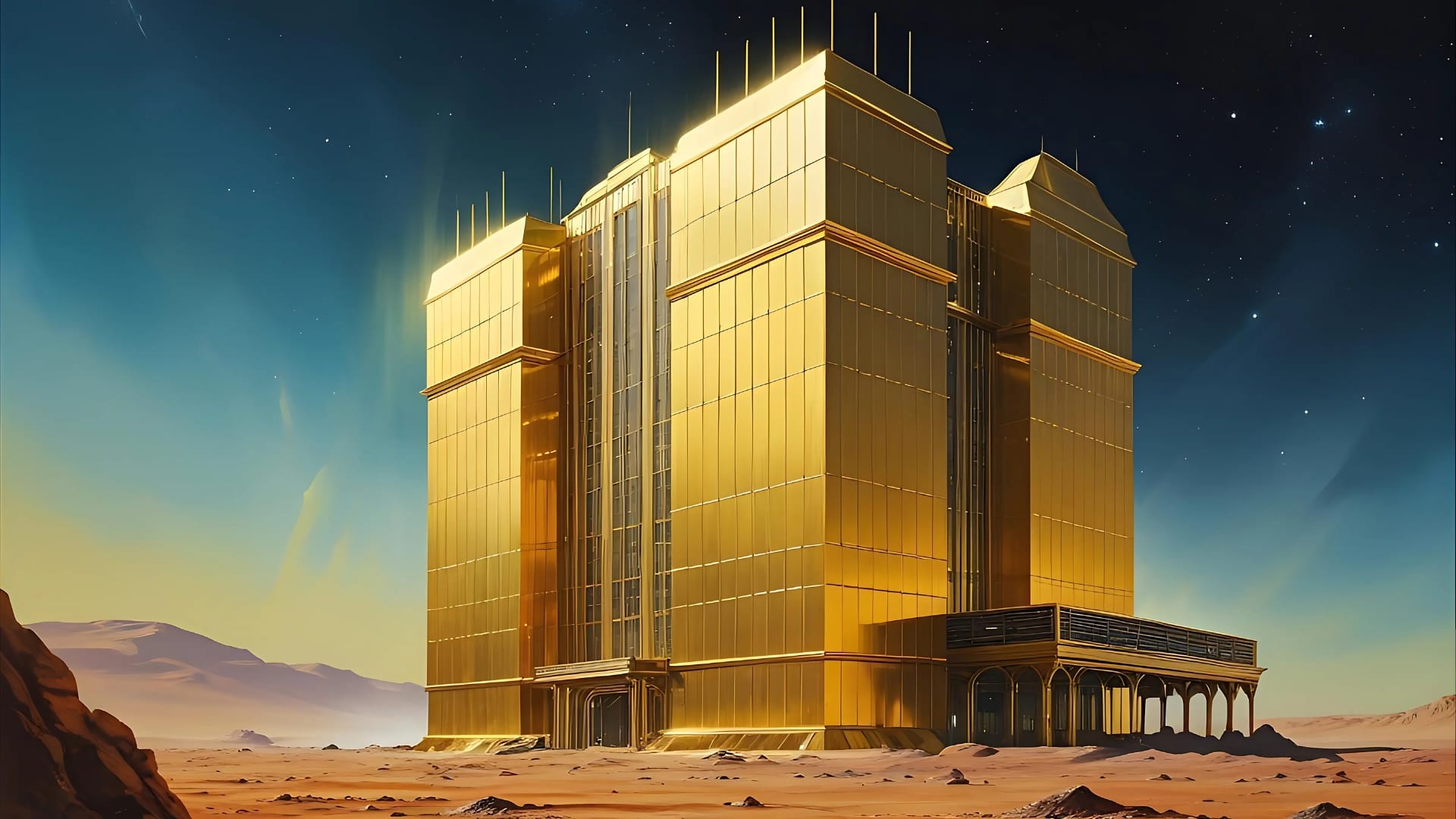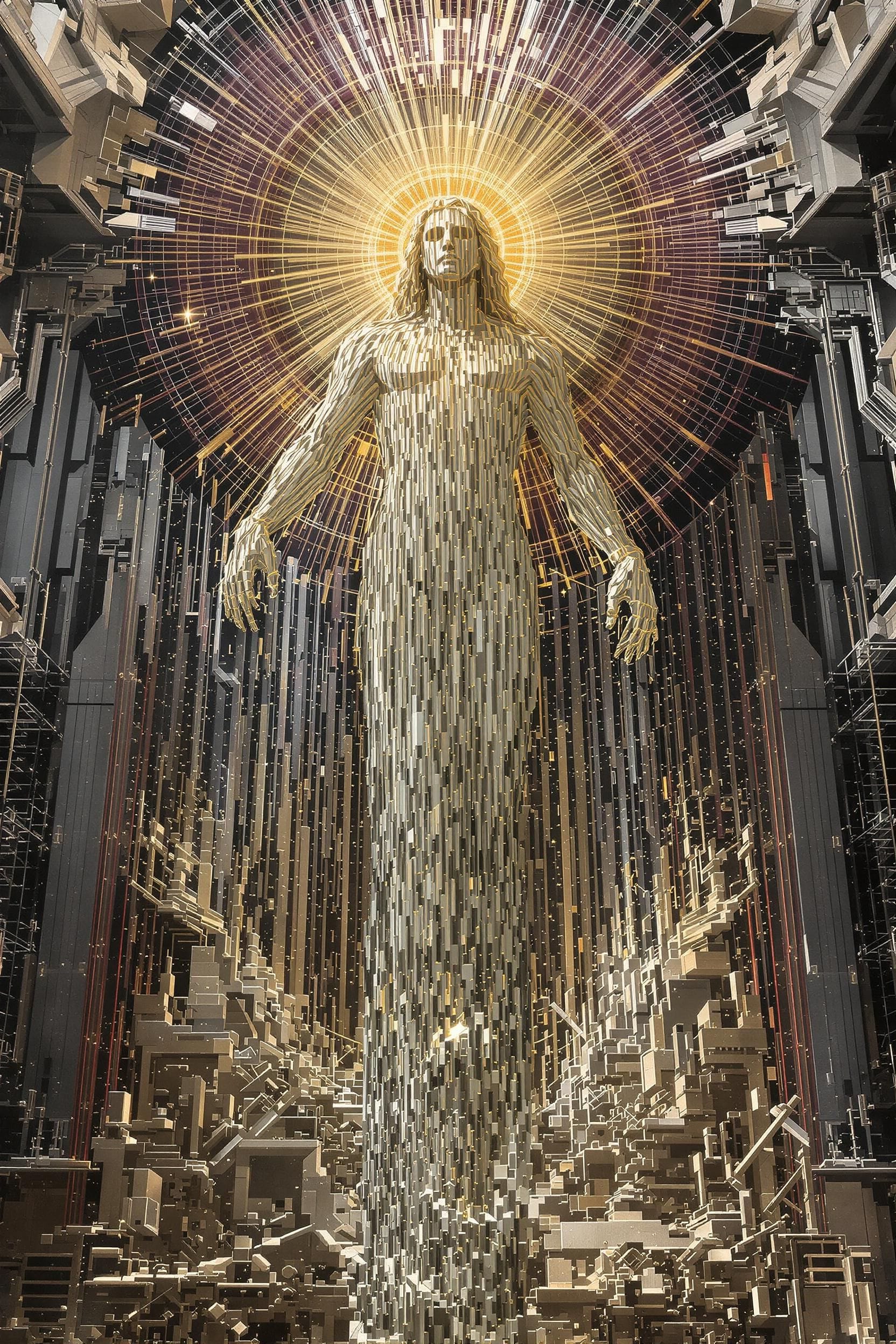AI Robot Bees Will Make Honey: Mr. Mohan Leela Shankar Predicts
A bold prediction from AI veteran Mr. Mohan Leela Shankar has taken the world by surprise: AI robot bees will soon be making honey.

Introduction:
In a world driven by technological advancements, the possibilities seem endless. From self-driving cars to voice-activated assistants, the integration of artificial intelligence (AI) into our daily lives has become the norm. However, a bold prediction from AI veteran Mr. Mohan Leela Shankar has taken the world by surprise: AI robot bees will soon be making honey. While this may sound like a plot from a science fiction movie, Shankar's insights and expertise in the field of AI make his prediction worth exploring.
In this article, we will delve into the fascinating concept of AI robot bees and the potential they hold for revolutionizing honey production.

The Buzz Around AI Robot Bees:
The decline in global bee populations due to factors like climate change, pesticides, and habitat loss has raised concerns about the future of pollination and honey production. Bees play a crucial role in the ecosystem, pollinating plants and ensuring the reproduction of many vital crops. Recognizing this ecological importance, scientists and engineers have been exploring alternative solutions to address the decline in bee populations. This is where AI robot bees come into the picture.
Shankar's prediction suggests that AI-powered robots designed to mimic the behavior of bees will take over the pollination process and honey production. These tiny, autonomous machines would possess the ability to navigate through fields and orchards, collecting nectar and pollinating flowers along the way.
With advanced AI algorithms, these robot bees could replicate the intricate dance of their organic counterparts, communicating and coordinating with each other to optimize pollination efficiency.
The Advantages of AI Robot Bees:
The concept of AI robot bees brings numerous advantages that could revolutionize honey production and agriculture as a whole. Here are some key benefits:
- Pollination Precision: AI robot bees can be programmed to perform pollination with unmatched precision. By leveraging machine learning algorithms, they can learn and adapt to the specific needs of each plant species, ensuring efficient and accurate pollination.
- Weather Independence: Unlike organic bees, which are sensitive to weather conditions, robot bees can operate under diverse climatic circumstances. They can continue pollinating crops even during adverse weather conditions or when organic bees are inactive at night.
- Increased Efficiency: AI robot bees can work tirelessly, without the need for rest or hibernation. Their efficiency in pollinating crops could potentially surpass that of organic bees, leading to increased crop yields and enhanced food production.
- Disease and Pest Control: Organic bees are susceptible to diseases and pests that can affect their population and productivity. AI robot bees, on the other hand, can be designed with built-in mechanisms to resist these threats, minimizing the risk of epidemics and ensuring consistent pollination and honey production.
The Challenges and Ethical Considerations:
While the idea of AI robot bees presents numerous advantages, it also raises various challenges and ethical considerations. Some of these include:
- Artificial vs. Natural: Critics argue that relying on AI robot bees could further detach humans from the natural world. There is concern that such artificial solutions may mask the underlying environmental issues that contribute to the decline in bee populations, deterring efforts to address the root causes.
- Technological Limitations: Developing AI robot bees with the level of sophistication required to fully replicate the pollination abilities of organic bees is a complex task. Overcoming technological challenges such as power supply, miniaturization, and precise navigation in diverse environments remains a significant hurdle.
- Ecological Impact: The introduction of AI robot bees into ecosystems could have unintended consequences. Conducting thorough environmental impact assessments is essentialto understand the potential effects on other pollinators, biodiversity, and the delicate balance of ecosystems.
Conclusion:
While the idea of AI robot bees making honey may seem far-fetched, it represents an intriguing concept that could address the challenges faced by declining bee populations. With advancements in AI and robotics, the potential for these tiny autonomous machines to revolutionize honey production and pollination is becoming increasingly feasible. However, it is crucial to balance technological innovation with ecological considerations to ensure the long-term sustainability of our planet.
The prediction made by AI veteran Mr. Mohan Leela Shankar invites us to contemplate the possibilities and challenges associated with AI robot bees. As we navigate the intersection of technology and nature, it is essential to remember the importance of preserving and protecting the natural world.
The future of AI robot bees and their impact on honey production lies in our ability to approach this emerging technology with responsibility, ethics, and a commitment to sustainable practices.




